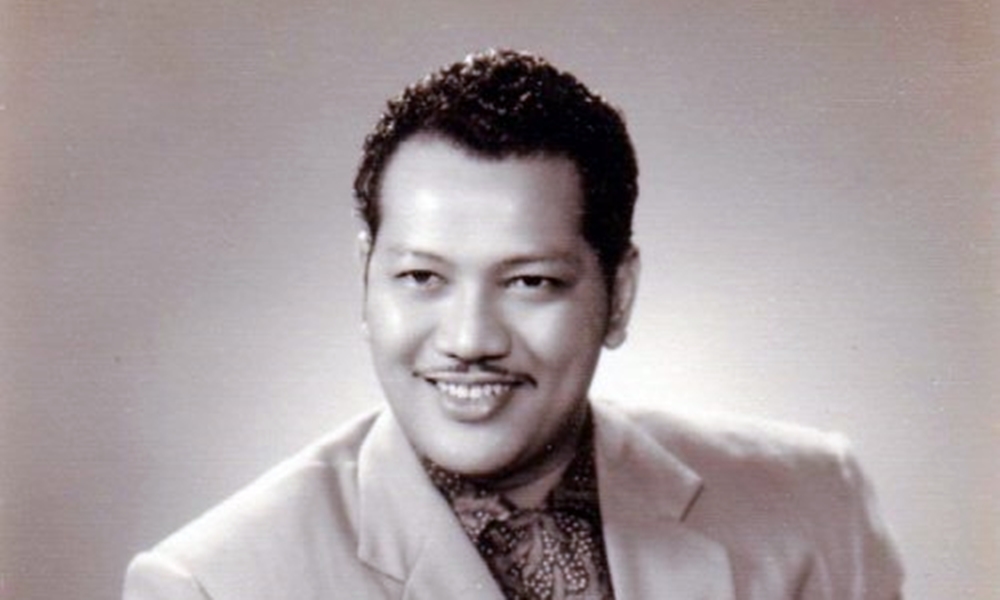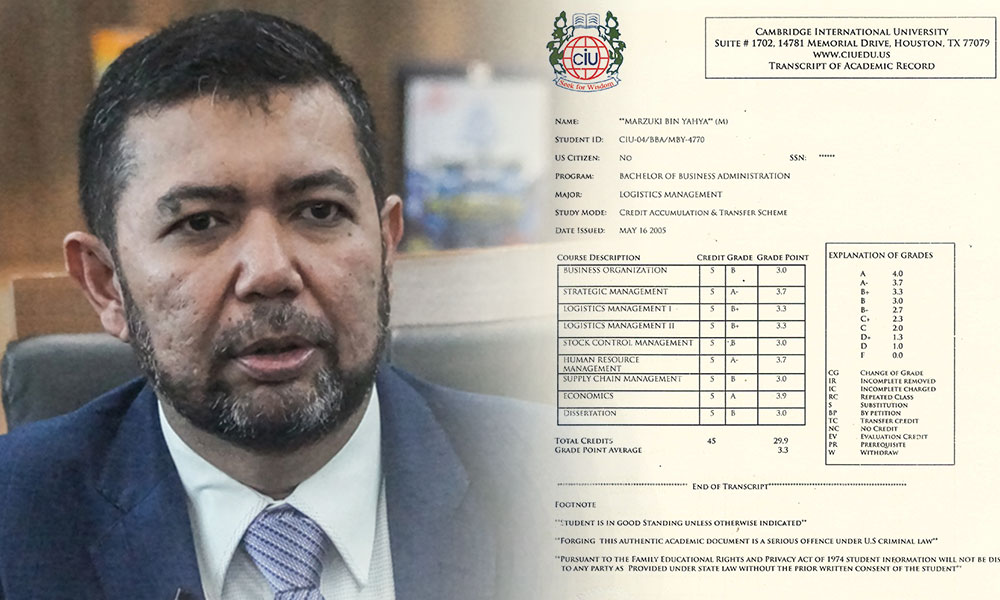
Published by Malaysiakini, images from Malaysiakini.
Perhaps this Lunar New Year, we can start a communications workshop series, to assess and make recommendations with regards to political communication.
In keeping with the spirit of the times, I should state up front that I don’t have a degree in communications, but sometimes an outside perspective on the brutal truth might be helpful.
So, let’s come back to Deputy Minister for Foreign Affairs Marzuki Yahya’s current imbroglio regarding his degree.
How we deal with a scandal (semi-fashionable terms for this may include “crisis management”, “damage control” or “firefighting”) goes a long way in determining how much damage said scandal will cause, to whom, and for how long.
These three factors are important in the world of public perception – the degree of damage, how many parties it spreads to, and how long the problem is in the public eye.
A savvy communications team should understand how to navigate the scandal.
In this case, the communications team would not be limited to Marzuki’s communication team (or lack thereof), but also that of his bosses, as they are the ones who may well bear the brunt of things turning ugly.
We will assess the responses to this scandal in a mostly chronological manner (saving Marzuki himself for last), and give letter grades to each comment, followed by (where applicable) what the commentator should have done or said instead.

It is important to note that these grades are in no way an assessment of the commentator as a whole – only an assessment of the particular comment.
At the very end, I will also present some of my research regarding the legitimacy of Cambridge International University.
First shots
Exhibit A is Bersatu supreme council member Tariq Ismail Mustaffa, grandson to the late Dr Ismail Abdul Rahman.
“From his humility and hard work, I would hire the one from the fake Cambridge. The real Cambridge, I would throw them into the river because they think they own the world and the world has to continuously chase them.
“People should look for dedication and teamwork.
“Having a dubious degree or not having graduated can be a stigma, but as long as people don’t rape or steal, it is fine,” he added.
The first grade of the day is an unmitigated F.
Don’t: Make spurious, unintelligible comparisons between apples and oranges. As pointed out with enjoyable sharpness, if being a rapist or thief is the bar to becoming a deputy minister, then we should all be applying for the job.
Don’t: Throw people into the river. This is illegal and very rude.
Do: take heed of the old saying – if you have nothing good to say, do not say anything at all.
In the same Malaysiakini article, we have comments from Bersatu deputy president Mukhriz Mahathir: “I’m sure he was not picked to be a deputy minister on the supposed merit of his brandishing a Cambridge University degree.”
I will give this a C.
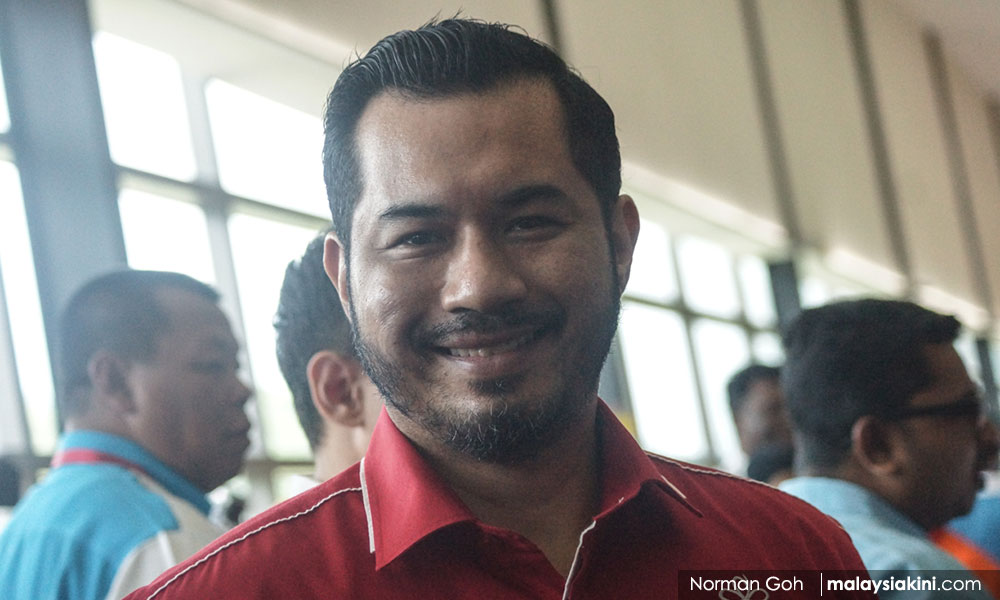
Don’t: Feel like you always need to defend someone, just because he is a friend or ally. Loyalty is all good and well, but if someone has done something wrong, blindly defending that person can bring down not only yourself but your organisation as well.
Do: Stick to the facts, or take an angle that is not illogical or offends sensibilities. Mukhriz’s comment here in and of itself is fair, in this regard.
Next is a comment by another Bersatu supreme council member, Rais Hussin:
“We had this nonsense before in the previous BN government and if it is true Marzuki has misrepresented himself academically, he should apologise and move on.
“I would not defend anyone who lacks integrity if indeed he has misrepresented himself.”
I must be transparent and state that Rais is the boss of my company so readers are free to read the following as apple-polishing if they like.
There are a few valid points here: Admitting this is the same as what BN did, advising Marzuki to apologise if in the wrong, and maintaining a commitment to integrity.
Perhaps most importantly, there is an acknowledgement that an apology would allow everyone to move on.
Tiny window of opportunity
Next is Prime Minister Dr Mahathir Mohamad: “We have not really found out what happened.”
I would give this C.
Don’t: Avoid the truth for too long.
Do: At the very least, avoid saying things that may make things worse, or commit oneself too early one way or another. Here, Mahathir did alright.
The same can be said for Johor Menteri Besar Osman Sapian:

“Johor Menteri Besar Osman Sapian reportedly ignored media questions today regarding allegations that he had lied about having an accounting degree from Universiti Putra Malaysia (UPM).
“The New Straits Times (NST) reported today that Osman merely smiled when asked by reporters about the matter after a Chinese New Year function in Kulai today.”
Same grade, same do’s and don’t’s as Mahathir. One big difference for Osman however: He is facing a small window of opportunity to learn from Marzuki’s mistakes, avoid them, and do the right thing instead.
Osman should just own up to whatever he has or hasn’t done or faked, apologise contritely, and take the full brunt of responsibility. As I mentioned previously, Chua Soi Lek is a good example of how doing this may be the only way to survive with a semblance of political credibility.
If he takes Marzuki’s path instead, then like Marzuki, he may be in danger of losing his job.
Ministerial responses
Defence Minister Mohamad Sabu: “Some people say I have a degree in culinary arts. I never said that. Truth is, I never completed my studies at ITM (Mara Institute of Technology). They kicked me out.
“Maybe it’s because I am good at cooking, so people think it’s something I learnt in college,” Mohamad was quoted as saying by Free Malaysia Today.”
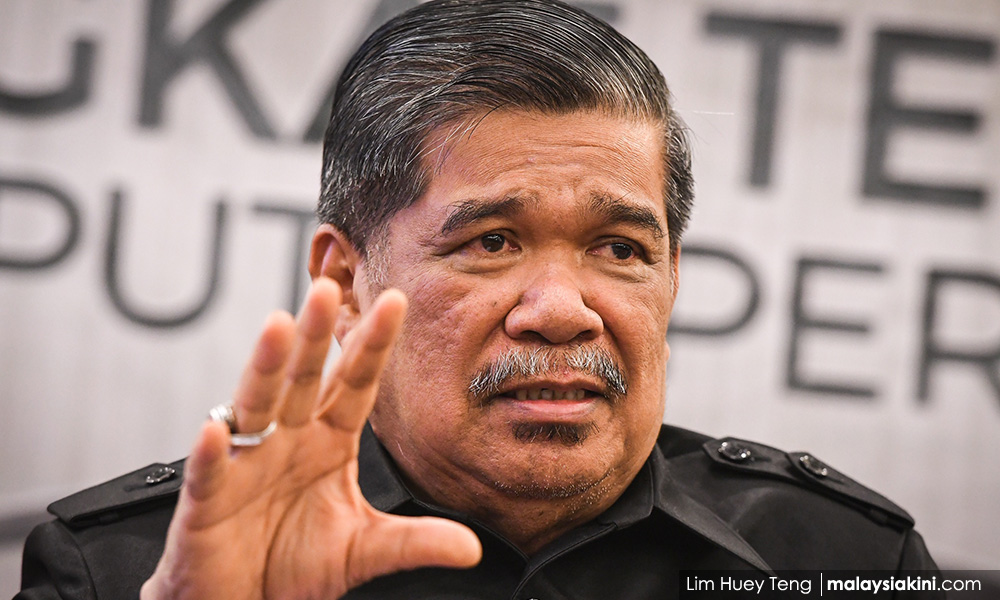
Grade: B+
Do: State the truth simply and straightforwardly. The B+ instead of a B is for the touch of humour.
Deputy Minister of Tourism, Arts and Culture, Muhammad Bakhtiar Wan Chik:
“Personally I feel we need to have integrity and not be ashamed. Follow the footsteps of Ghafar Baba. He was just a regular teacher with no academic degree,” he told reporters after the Penang PKR Chinese New Year celebration in Georgetown today.’
Grade: A-
Do: Avoid being overly critical of your allies, but advise the correct course of action.
The man himself
And now, for the pièce de résistance, a chronology of Marzuki’s own responses. There are four news articles I will quote from:
Feb 5: “I regard this as a political game. I don’t feel like commenting much about this. Let’s leave it to the police. The important thing is for me to discharge my duty well without any problem. It is important that we give preference to our duty, responsibility and country.
“InsyaAllah (God willing), I will produce the proof, but not report to him. I will prove it, no problem,”’
Feb 6: “Deputy foreign minister Marzuki Yahya has decried a flurry of edits made to his academic credentials on his Wikipedia page.
“Anyone can edit. Someone has evil intentions. I don’t even know what happened,” he told Malaysiakini.”
Feb 6: “I think they (my critics) misunderstood (my credentials). I (studied) at the Cambridge International University in the US.
“I was doing logistics (before joining politics). So I just took that certificate for my knowledge to expand my business.
“As CEO of the company, I want to expand my knowledge and my business,” he told Malaysiakini.”
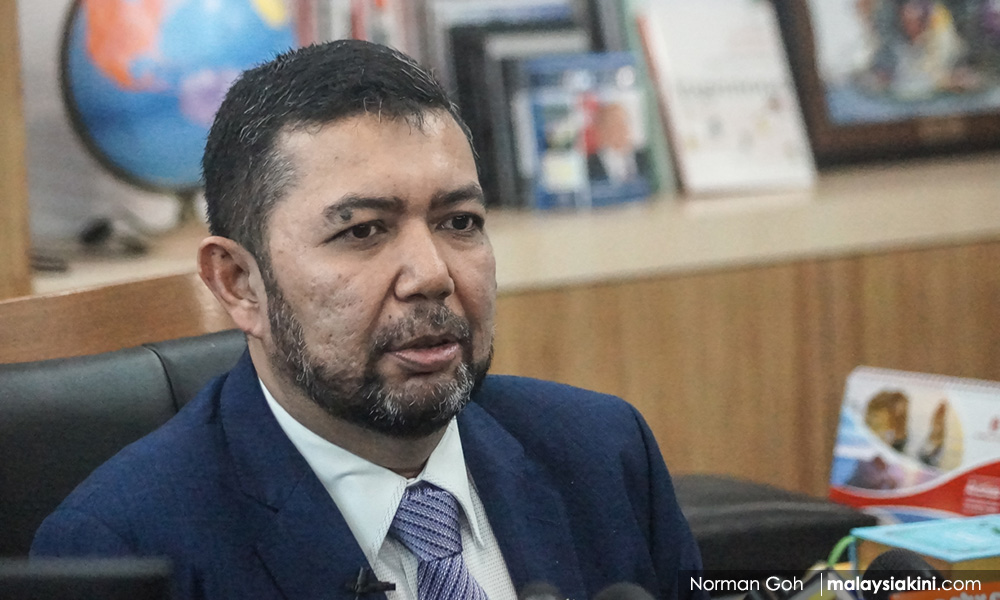
Feb 8: “Deputy Foreign Minister Marzuki Yahya has defended his degree from the US-based Cambridge International University (CIU), pointing out that it took him three years to complete the distance-learning business administration programme.
“The Bersatu secretary-general also furnished PDF copies of his degree and university transcript. The CIU, which has no relation to the UK’s University of Cambridge, has been alleged to be a degree mill.
“In a statement this evening, Marzuki revealed that he started the course at CIU in 2002, and completed it in 2005.
“The deputy minister said that at the time, university accreditation was not something widely discussed and there was no list of bogus universities either.
“Therefore, when I learned about the course offered by CIU which was related to the business I was in, I enrolled without placing importance on accreditation for the course offered,” he explained.”
Grade: F/Z.
Defence of the indefensible
There are no do’s here. Only don’t’s. We don’t want to make this a seven-part article, so let’s only go through the highlight lessons.
First and foremost: Don’t assume people are idiots. There are probably some merchants in Petaling Street who can produce a Rolex watch lookalike that 95 percent of people couldn’t tell was a fake.
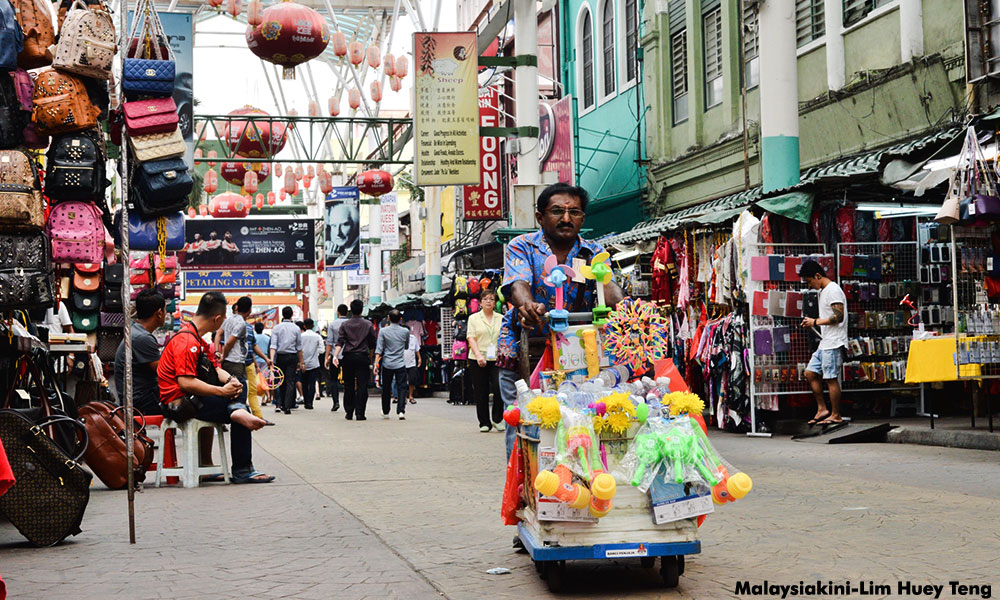
Ninety-five percent of people who glance at the Cambridge International University (CIU) website will know that it is a fake. The remaining five percent are likely to have emailed a “Nigerian prince” at some point in their lives.
This is the original predicate on which all other actions should be based.
Marzuki erred in this regard, and every other mistake and political point lost – for Marzuki, Bersatu and Harapan – flows from the stupid assumption that people might believe that CIU was the real deal.
Secondly: Stop reacting in panic mode. Reading Marzuki’s tone, it is easy to detect an agitated state of mind that we associate with guilt and panic.
The third lesson is as simple as it is important: don’t dig yourself further into your grave.
A look at CIU’s ‘campus’
If Marzuki had not produced his “transcript”, I may not have bothered to write this article. It was the facepalm to end all facepalms.
There is no shadow of a doubt that this transcript was a fake, as it matched the CIU “draft transcript” a hundred percent, right down to the decimal points.
If it were real, Marzuki took ten of the same subjects as one “Abraham Kensington” (whose transcript is available online as well) and scored exactly the same grades – right down to the decimal points.
It’s not easy for me to agree with MCA politicians, but Wee Ka Siong said it right – you have better odds of hitting the lottery. If anyone would like any further nail in the coffin, observe the address given in the transcript: Suite #1702, 14781 Memorial Drive, Houston, Texas.
Firstly, this is a suite, giving the impression that it is a one office institution.
Secondly, have a look at what Google Maps Street View shows for that address

That my friends is a low-rent strip mall in some Houston suburb, not a university campus – maybe putting “CIU” between the West Memorial Barber Shop and Saeed’s Mediterranean Grill.
Ultimately, the scandal hinges on whether or not CIU is a legitimate institution, regardless of its accreditation. Given all of the above, you would need the “faith” of a hardcore Donald Trump supporter to believe that it was.
Indeed, Trump was the master of distraction. We can learn from his experience how scandals like this can distract from bigger things such as the RM90 million scandal between PAS and Umno.
Marzuki can apologise with sincere contriteness, take responsibility, and hope that he can keep his job, as well as minimise fallout to Bersatu and Harapan – ideally making this story fall out of the news within days.
Or he can persist with his incredulous claims that his degree is genuine, risk losing his job and drag down Bersatu and Harapan with him in a scandal that has no end in sight.
Nathaniel Tan is Director of Media & Communications at EMIR Research, an independent think-tank focused on strategic policy recommendations based upon rigorous research.

